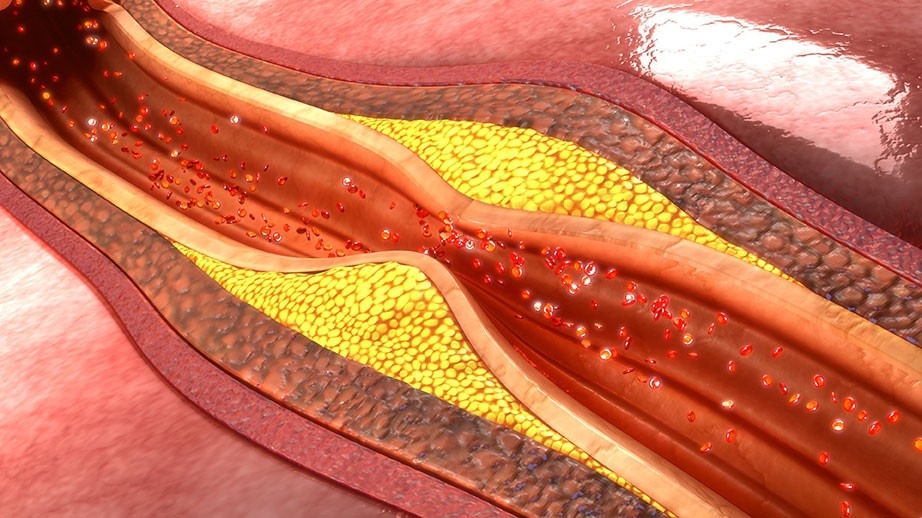Role of inflammation in intraplaque hemorrhage pathogenesis
Investigators
WHAT IS THE study?
Heart attacks and strokes remain the leading cause of death in the United States and despite current guidelines on aggressive cholesterol treatment and blood pressure management, some people continue to suffer cardiovascular problems leading to a poor quality of life and high cost of health care. The proposed study will investigate the effects of inflammation on bleeding inside of plaques, called intraplaque hemorrhage, one of the important plaque risk features that can cause heart attacks and strokes. The study will help us to better understand the problem with intraplaque hemorrhage and discover potential new treatments that can further reduce heart attacks and strokes.
New treatment strategies are needed to target the mechanisms beyond LDL to reduce this residual risk. We propose to study the role of B1 cell-derived IgM and B1 cells in IPH pathology. To test a novel hypothesis that B1 cell-derived IgM levels are reduced in patients with IPH and that the reduction in protective IgMs results in unobstructed IPH-promoted inflammation and neovessel permeability, thereby exacerbating plaque progression, we propose to conduct comprehensive studies.
WHAT ARE THE GOALS OF THE STUDY?
- Histological examination of CEA specimens to determine whether plaques with increased Ktrans and/or IPH have a lower density of IgM and a higher density of CD163+ macrophages
- A longitudinal clinical follow-up study in 250 patients to determine whether lower IgM levels and B1 cells predict progression of Ktrans and IPH and whether IgM production and effect on macrophages are different in B1 cells in patients with and without IPH
- In vitro mechanistic studies of endothelial sprouting and leakiness using 3D microvessels to determine the effects of IgM and B1 cells on RBC-induced changes in macrophages and vascular permeability
WHO CAN JOIN THE STUDY?
We are not recruiting patients. This is a laboratory study.
WHO DO I CONTACT FOR MORE INFORMATION?
Principal Investigators
Francis Kim
fkim@u.washington.edu







